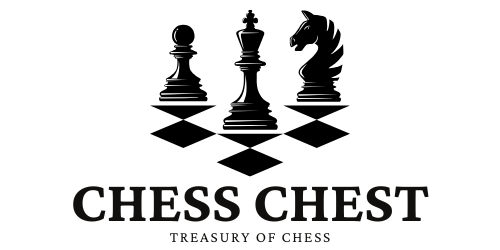Chess simulators are powerful tools that allow players to practice in realistic game environments, sharpening their decision-making, timing, and strategy. By simulating real-game conditions, these tools provide players with invaluable experience that translates directly to over-the-board and online matches. In this article, we’ll explore how to harness the power of simulator tools for effective practice and skill development.
1. Practicing Time Management and Decision-Making
One of the main benefits of using a chess simulator is its ability to replicate real-time game conditions, including time constraints. Many simulators allow players to set specific time controls, helping them practice making decisions under pressure.
- How It Helps: Practicing with time controls allows players to work on pacing and avoid time-related mistakes. This experience is especially valuable for blitz and rapid games, where quick decision-making is crucial.
- Using It: Set time controls similar to those you’d face in a real game, such as 5 minutes for blitz or 15 minutes for rapid. Practice managing your time across the game phases, and aim to make moves efficiently without rushing or overthinking.
2. Simulating Tournament Scenarios
Simulators can also create tournament-like conditions, helping players prepare for competitive settings. By mimicking the intensity of a tournament, players can build resilience and improve their focus under pressure.
- How It Helps: Practicing in tournament conditions helps players learn to handle high-stakes situations and stay calm during intense games, skills that are invaluable in real tournaments.
- Using It: Choose simulators that offer tournament simulation modes or create personal challenges with strict rules, such as no pausing or external analysis. Play a series of games with breaks in between, similar to a tournament structure, to simulate the mental stamina required in competition.
3. Training Against Adaptive AI Opponents
Many simulators allow players to compete against adaptive AI opponents that adjust to the player’s skill level. These opponents can replicate different playing styles, from aggressive and tactical to slow and positional, helping players prepare for a variety of opponents.
- How It Helps: Playing against diverse AI styles enables players to develop strategies for different types of opponents, making them more adaptable in real games.
- Using It: Select an AI level slightly above your current rating to keep the games challenging. Practice adapting your play to counter different styles, such as playing defensively against aggressive AI or adopting a slower pace against positional players.
4. Improving Specific Skills with Scenario-Based Simulations
Many simulators offer custom scenario settings that allow players to practice specific types of positions, such as endgames, openings, or tactical challenges. These scenario-based simulations help players focus on areas where they want to improve, providing targeted practice.
- How It Helps: Scenario-based simulations build confidence in specific phases of the game, ensuring players are prepared to handle these situations in real matches.
- Using It: Choose a simulator that offers endgame or opening practice, or create a custom setup if the simulator allows it. Spend focused sessions on scenarios like rook endgames, pawn promotion tactics, or mastering specific opening lines.
5. Reviewing and Analyzing Games for Continuous Improvement
After completing simulated games, it’s crucial to review and analyze the moves to understand what went well and where improvements are needed. Many simulators include analysis tools that highlight mistakes, suggest alternative moves, and provide feedback.
- How It Helps: Reviewing games helps players recognize patterns in their mistakes, correct errors, and reinforce good decision-making habits.
- Using It: After each simulated game, analyze your moves and take note of critical moments, such as missed tactics or questionable opening decisions. Reflect on these points and focus on similar scenarios in future simulations to see how your decision-making evolves.
Summary
Harnessing simulator tools is an effective way to gain real-game experience, allowing players to practice time management, tournament play, adaptability, and specific game scenarios in a realistic environment. By setting intentional goals for each simulation, such as improving decision-making speed or mastering endgames, players can develop skills that translate directly to their competitive matches. Regular practice with simulators, combined with post-game analysis, will help players build confidence and sharpen their skills, making them better prepared for real-game situations.




